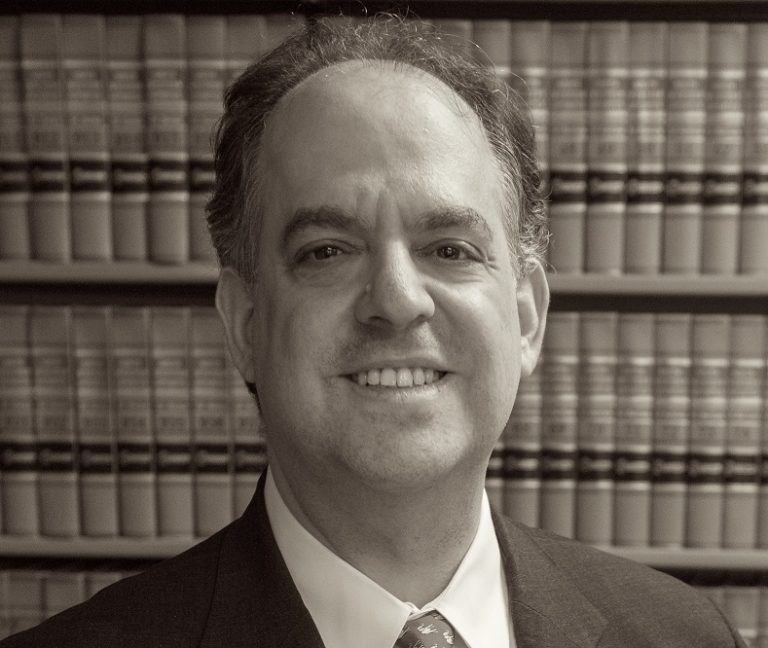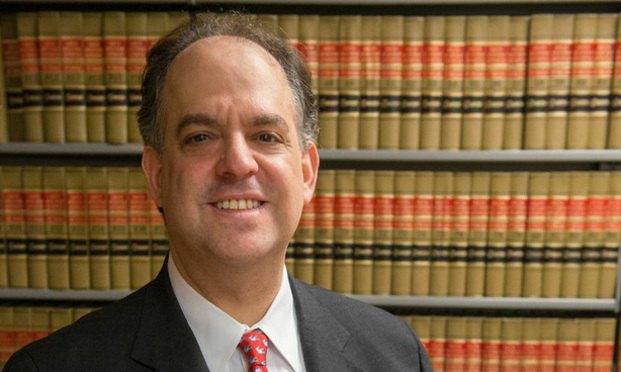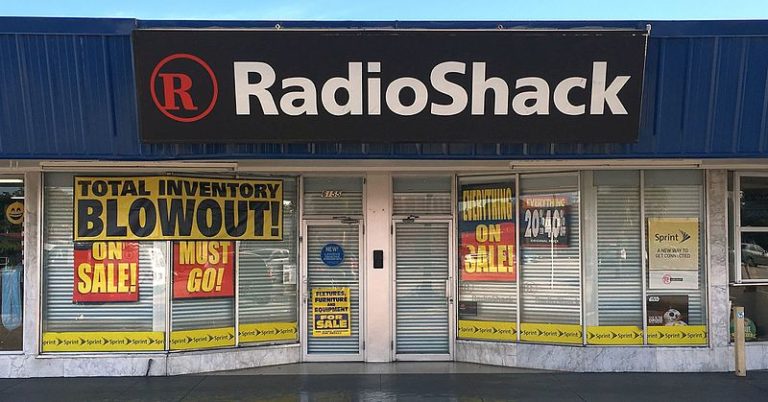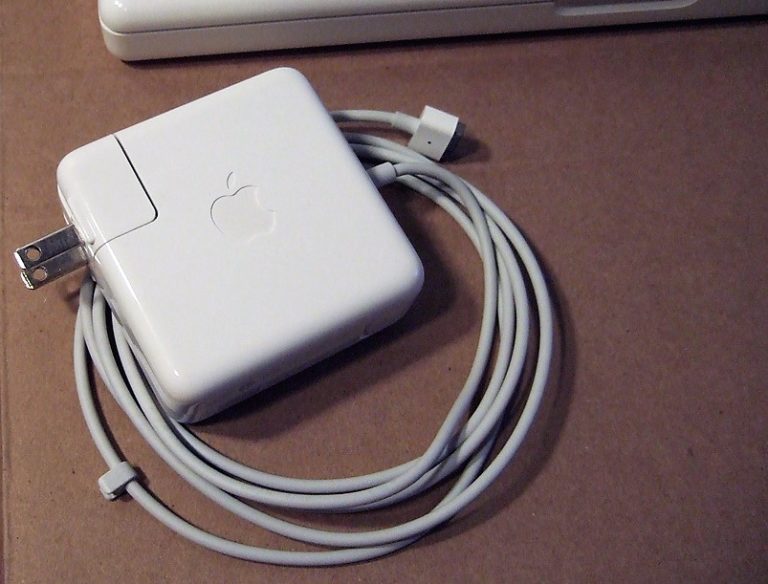The HLLI blog reflects the views of individual attorneys who author each post. This commentary does not necessarily reflect the official position of the Hamilton Lincoln Law Institute.
Today, the Center for Class Action Fairness petitioned the U.S. Supreme Court to hear a case challenging an abusive class action practice where trial lawyers pay themselves the bulk of the cash recovery ($5.7 million), the class members receive just a fraction of that ($344,000), and the settlement hands out millions to third parties who are not part of the class.
We do not contend that a court can never award such a generous hourly rate. But the Seventh Circuit has “held repeatedly that, when deciding on appropriate fee levels in common-fund cases, courts must do their best to award counsel the market price for legal services, in light of the risk of nonpayment and the normal rate of compensation in the market at the time.” We do not believe a sophisticated arms-length transaction would produce this sort of windfall for these sorts of results, and we have appealed, filing our opening brief Monday.
For years, parties have used cy pres—the practice of giving settlement money to charity instead of the class—in abusive ways. When proposed by defendants, cy pres can be used to create the illusion of relief to justify greater attorneys' fees at the expense of the class when in fact all that is happening is that the defendant is changing accounting entries on charitable donations it would have made anyway. When cy pres is used to justify…
Today, Washington Legal Foundation published a short and useful working paper authored by James M. Beck and Rachel B. Weil titled "Cy Pres" Awards: Is the End Near for a Legal Remedy With No Basis in Law?
CCAF won a tremendous victory for class members in Redman v. Radioshack, just eleven days after oral argument!
As we discussed earlier, class counsel agreed to a settlement over RadioShack credit-card receipt legality that would have paid themselves $1 million, but the 16-million-member class 83 thousand coupons with a face value of $10.
Bank of America settled a nationwide securities class action in the E.D. Mo. for hundreds of millions of dollars. For some reason, the district court judge ordered that $2 million or so of the settlement fund not be distributed immediately. By a few years later in 2013 (after interest and restitution from a settlement administrator employee that had embezzled from the settlement fund), there's $2.7 million left over. At the behest…
RadioShack committed the sin of printing credit-card receipts with expiration dates on them, which exposed it to possible liability of $100 a receipt ($1000 if willful), a bankrupting sum. Class counsel settled for coupons. Our clients objected that the settlement did not comply with CAFA's limitations on coupon settlements, and was structured so that class counsel's benefit would outstrip that of the class.
Thursday, the Ninth Circuit reversed and remanded for consideration under the appropriate legal standards, and was especially critical of the abusive appeal bond.
University of Pittsburgh Law Professor Rhonda Wasserman has a paper on cy pres forthcoming in the USC Law Review, The paper discusses in detail two CCAF cases, In re Baby Products Antitrust Litig., and Marek v. Lane.




